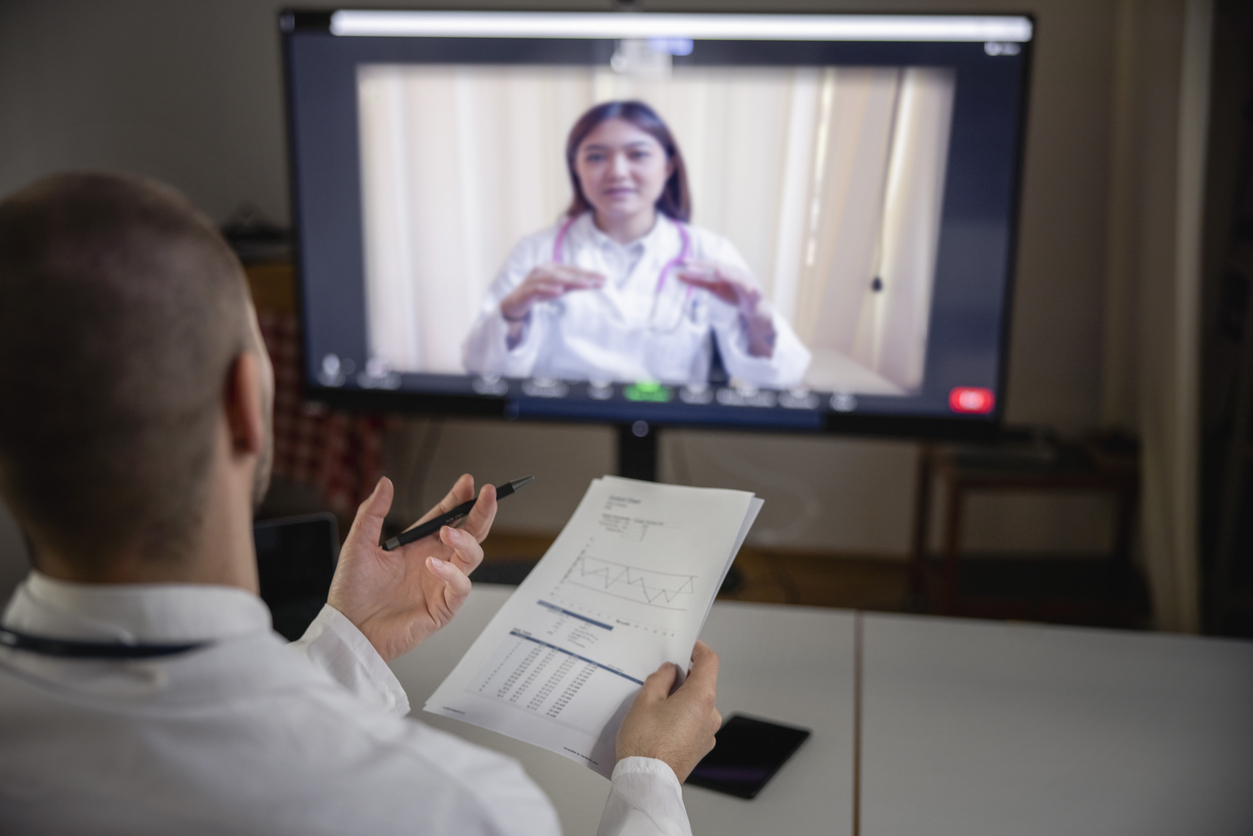Virtual Medical Assistant Services
How a Virtual Medical Assistant Can Transform Your Practice
A Virtual Medical Assistant (VMA) is a skilled healthcare professional who operates remotely to enhance the efficiency and effectiveness of medical office management. Improve overall practice efficiency and patient care by handling a variety of tasks including appointment scheduling, patient intake, telehealth support, medication management, clinical documentation, patient education, data analysis, and workflow optimization. Here’s a detailed overview of how a Virtual Medical Assistant can benefit your medical office:
Appointment Scheduling and Reminders
VMAs manage appointment scheduling seamlessly, significantly reducing the workload on administrative staff. Additionally, they send automated reminders to patients, which helps decrease no-show rates and ensures optimal use of the medical office’s time.
Patient Intake and Registration
VMAs streamline patient onboarding by efficiently collecting and verifying essential information, including medical history, insurance details, and contact information. This process not only speeds up the registration process but also significantly reduces data entry errors.
Compliance Assistance
VMAs enhance compliance by ensuring that the medical office meets all regulatory requirements and industry standards. Through automated compliance checks and alerts for potential issues, VMAs help maintain a secure and legally compliant practice.
Telehealth Support
In the evolving landscape of telehealth, VMAs are pivotal in orchestrating virtual appointments. They assist with organizing telehealth visits, guiding patients through the setup for virtual consultations, and guaranteeing reliable connections between healthcare providers and patients.
Medication Management
VMAs enhance medication adherence by dispatching automated reminders to patients for prescription refills and medication schedules. This functionality improves patient compliance and health outcomes.
Clinical Documentation
VMAs streamline the documentation of patient encounters for healthcare professionals. Utilizing advanced voice recognition and natural language processing technologies, VMAs efficiently transcribe conversations during patient visits, ensuring the prompt creation of precise medical records.
Patient Education and Engagement
VMAs actively engage patients by providing crucial information about their health conditions, treatment plans, and preventive care strategies. By sending automated messages, delivering educational materials, and responding to frequently asked questions, VMAs enhance patient understanding and empowerment.
Data Analysis and Reporting
VMAs can assist in analyzing medical data, generating reports, and pinpointing emerging trends. These capabilities are crucial for medical offices aiming to improve operational efficiency, enhance patient outcomes, and ensure compliance with regulatory standards.
Workflow Optimization
VMAs optimize workflow by automating routine tasks, thereby freeing up medical staff to concentrate on more critical patient care activities. This efficiency improvement reduces administrative burdens and allows healthcare professionals to allocate their time more effectively, elevating overall productivity.
In summary, VMAs employ a multifaceted approach to revolutionize medical office management. By adeptly handling a range of tasks from administrative duties to direct patient care, VMAs significantly enhance operational efficiency and patient interaction. Their integration supports a seamless experience that boosts productivity and improves patient outcomes across healthcare settings.

